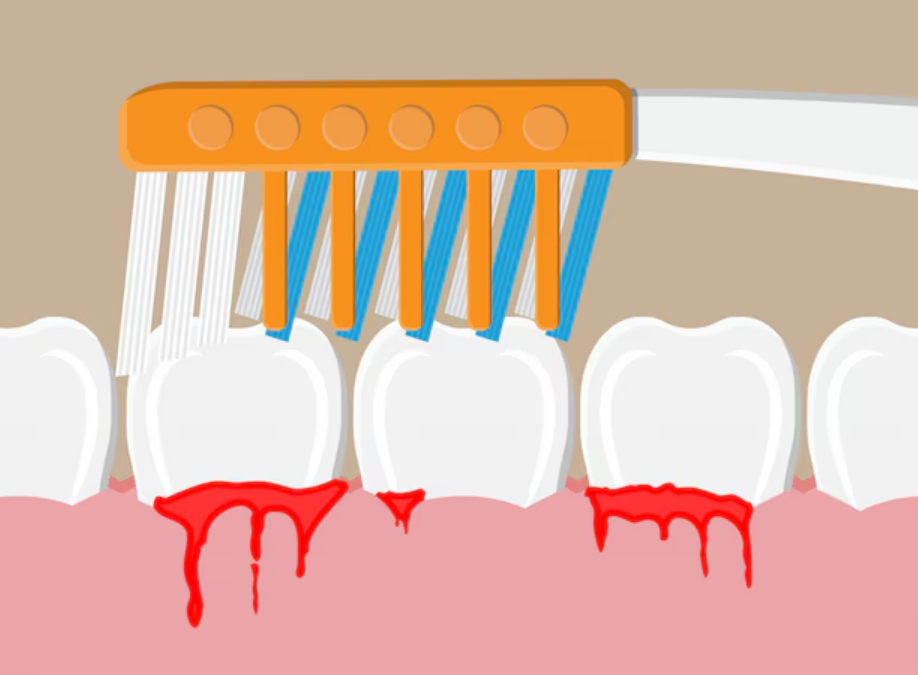
The relationship between gum disease and diabetes represents one of medicine's most significant bidirectional health connections. Research consistently shows that these two conditions don't merely coexist but actively influence each other's progression and severity.
Periodontitis, commonly known as gum disease, begins as a seemingly minor infection but can escalate into a serious condition that damages the soft tissue surrounding teeth. Beyond causing pain, bad breath, and difficulty chewing, its connection to diabetes creates additional health concerns for millions of patients worldwide.

Dr Neetu Kamra, Head of Dental & Maxillofacial Surgery at BLK-Max Super Speciality Hospital, explains this critical relationship, "People with diabetes have a higher chance of having periodontal (gum) disease, an infection of the gum and bone that hold the teeth in place. Diabetes can also slow down healing, so it can interfere with the treatment of periodontal disease."
Gum disease develops in stages, with each phase presenting increasingly serious threats to oral health. Dr Kamra notes, "If left untreated, the disease advances in stages, from inflamed gums to tooth loss. High levels of blood glucose increase the risk that gum disease will progress from mild to severe."
Gingivitis marks the first stage of gum disease, characterised by mild inflammation of the soft tissues around your teeth. This condition develops when plaque and tartar accumulate near your gum line, causing irritation and inflammation.
Without proper treatment, gingivitis can advance to periodontitis. At this stage, gums may recede from teeth, creating pockets that become infected. The combination of bacteria and your body's inflammatory response begins breaking down the bone and connective tissue anchoring your teeth. In advanced cases, teeth can become loose and potentially require extraction.
Don't Miss: Should You Always Pee After Sex? Gynaecologist Weighs In
The relationship between diabetes and gum disease functions as a cyclical interaction where each condition can worsen the other. "If your diabetes is not under control, you are more likely to develop problems in your mouth," explains Dr Kamra. "In turn, having gum disease may make your blood sugar harder to control."
This occurs because elevated blood sugar alters saliva composition, including increased glucose levels in saliva. These changes create an ideal environment for harmful bacteria to thrive, promoting plaque formation and accelerating tooth decay.

Recognising the early warning signs of gum disease is crucial, especially for people with diabetes. Dr Kamra advises patients to check for these symptoms:

Understanding the connection between diabetes and gum disease empowers patients to take proactive steps to protect both their oral health and overall well-being. By implementing these recommendations and maintaining regular communication with both dental and medical providers, individuals with diabetes can significantly reduce their risk of developing severe periodontal disease and its associated complications.
Don't Miss: How to Properly Brush and Floss: 8 Mistakes to Avoid
Keep reading Herzindagi for more such stories.
Image Courtesy: Freepik
Also watch this video
Herzindagi video
Our aim is to provide accurate, safe and expert verified information through our articles and social media handles. The remedies, advice and tips mentioned here are for general information only. Please consult your expert before trying any kind of health, beauty, life hacks or astrology related tips. For any feedback or complaint, contact us at [email protected].